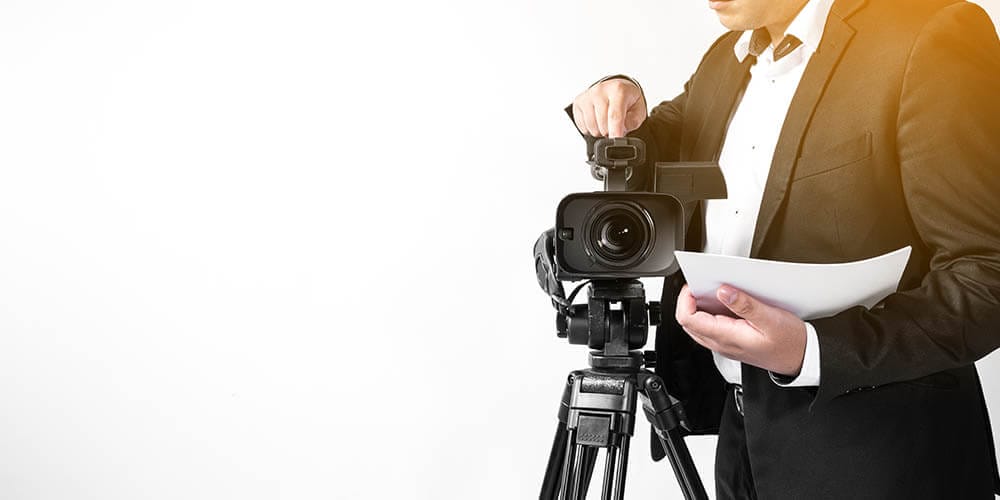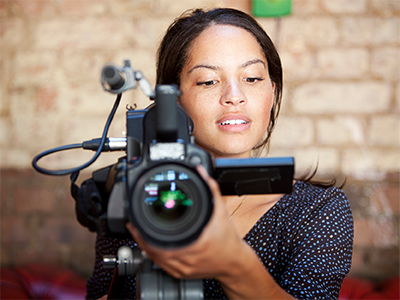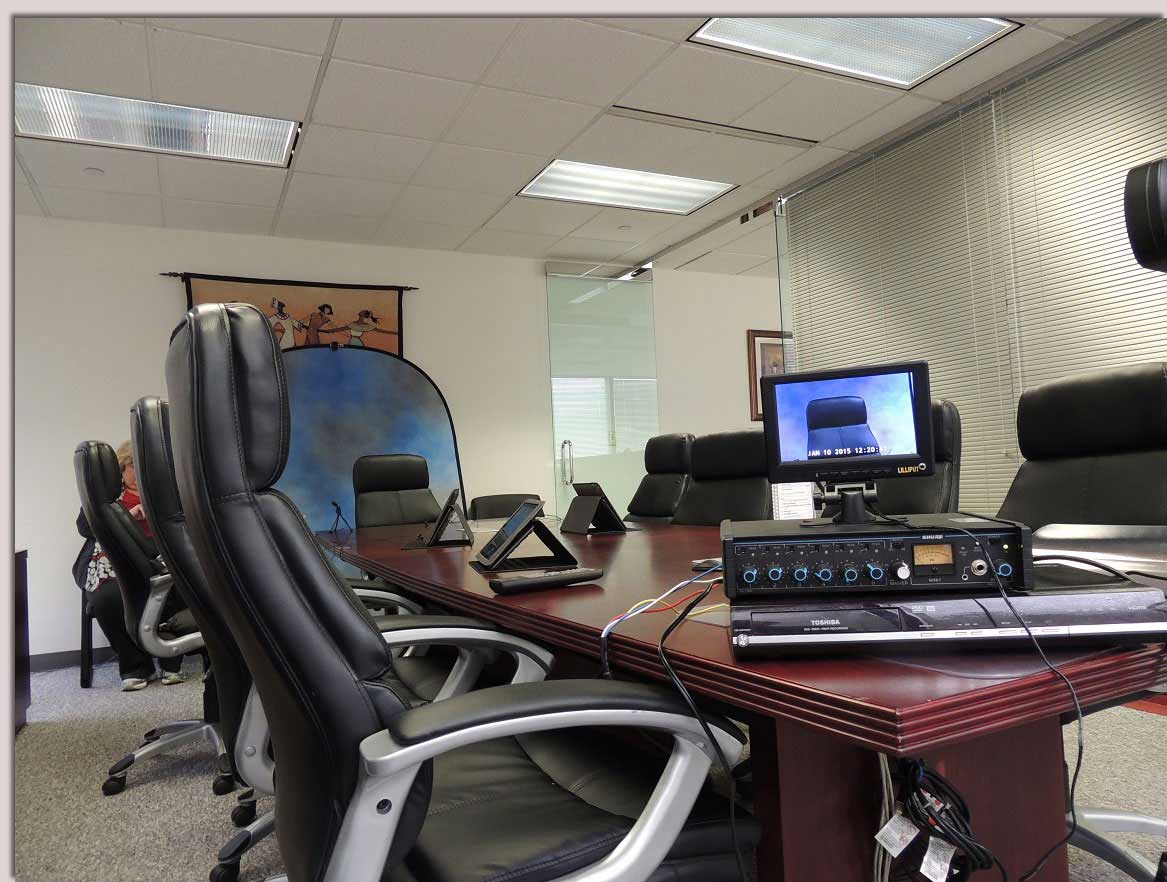Professional Legal Videography Services for Litigation Needs.
Professional Legal Videography Services for Litigation Needs.
Blog Article
The Function of Lawful Videography in Depositions and Trials
Lawful videography has actually arised as an important device in both depositions and tests, giving a complex method to documenting witness statements. As legal specialists significantly identify its value, it motivates a much deeper assessment of exactly how these visual documents can affect juror assumptions and test outcomes.
Significance of Lawful Videography
Legal videography plays a critical duty in the documentation and presentation of depositions and trials. This specialized area integrates technological abilities with legal knowledge to create a trusted record of process that can significantly affect case results. The aesthetic facet of lawful videography enhances the understanding of witness testament, permitting jurors and courts to observe not only the spoken words yet likewise the temperament, feelings, and body language of the witnesses.

The relevance of lawful videography expands beyond the courtroom; it additionally plays an essential role in preserving evidence for future referral, whether for appeals or further legal activity. Because of this, its assimilation right into the lawful process is necessary for making certain a fair and accurate depiction of the truths, ultimately adding to the search of justice.

Process of Legal Videography
While recording the nuances of depositions and trials, the process of legal videography involves several essential steps that make certain premium, exact recordings. Originally, a professional lawful videographer prepares by evaluating the case products and recognizing the specific needs of the deposition or test. This preparation consists of familiarizing themselves with the individuals and the context, which helps in catching essential information.
On the day of the recording, the videographer sets up the required tools, which typically consists of high-definition cameras, microphones, and appropriate lighting. Ensuring ideal angles and sound high quality is important, as it straight influences the efficiency of the recording. The videographer interacts with lawyers and participants to establish protocols, making sure that everybody recognizes the recording procedure.
Throughout the deposition or test, the videographer diligently videotapes the process, paying very close attention to both spoken and non-verbal cues. legal videography. This consists of catching the behavior and reactions of witnesses and attorneys. After the session ends, the videographer might edit the footage for clarity and conformity with lawful criteria, producing a last product that accurately reflects the process for future recommendation and use in lawful contexts
Advantages in Depositions
The incorporation of videography in depositions offers numerous benefits that enhance the total process of gathering proof. One primary advantage is the capability to capture witness testaments with visual and acoustic fidelity, providing a more exact representation of the witness's demeanor, tone, and body movement. This multidimensional method permits attorneys and courts to evaluate reliability more successfully than traditional written records alone.
Additionally, videographed depositions serve as an effective tool for protecting testimony. Must a witness become not available for test, their recorded deposition can be played in court, making sure that their proof remains obtainable and relevant. This element significantly minimizes the risk of losing critical information that might influence case outcomes.
Furthermore, the use of legal videography advertises far better prep work for attorneys. Evaluating video clip footage allows legal teams to assess and fine-tune their strategies, recognizing staminas and weak points in their instances. This primary benefit can lead to more engaging discussions in court.
Finally, videography improves the overall expertise of the deposition process, instilling self-confidence in clients concerning the thoroughness of their legal representation. By leveraging modern technology, attorneys can considerably improve the performance of depositions.
Influence On Trials
In many tests, the assimilation of videography can dramatically affect the discussion of evidence and the official source court's understanding. Lawful videography catches witness statements and essential proof in a vibrant style, enabling jurors to engage with the material on multiple degrees. This aesthetic element improves the storytelling element of a trial, offering context and emotional vibration that typical text-based proof may lack.
Moreover, video clip recordings can work as powerful tools for impeachment throughout interrogation. When inconsistencies occur between a witness's prior declarations and their court room testimony, video evidence supplies an objective reference that can guide jurors' viewpoints. This immediacy and clearness can bolster the reliability of a celebration's narrative while simultaneously undermining opposing disagreements.
Furthermore, using videography can assist enhance complicated info, making it a lot more obtainable to jurors who might have a hard time to grasp intricate information provided entirely via verbal testament. By integrating visuals with acoustic info, lawful videography can improve retention and understanding, inevitably influencing the court's decision-making process. Consequently, the effect of videography in tests extends beyond plain looks; it plays an essential duty fit the lawful landscape and end results.
Future Trends in Legal Videography
As we look towards the future of legal videography, numerous emerging patterns assure to reshape its function within the court. One substantial trend is the combination of fabricated knowledge (AI) in video analysis and modifying - legal videography. AI can my site simplify the process of determining crucial minutes in recorded depositions, allowing attorneys to swiftly access pertinent web content, thereby improving effectiveness in case preparation
Furthermore, the increase of digital fact (VIRTUAL REALITY) and augmented reality (AR) technologies is expected to transform exactly how jurors experience evidence. By immersing jurors in a simulated atmosphere, these technologies can provide a more profound understanding of complex scenarios, resulting in more informed deliberations.

In addition, the raising need for remote depositions, sped up by the COVID-19 pandemic, will likely continue. Legal videographers will require to adjust to new software and systems to make certain high-grade continue reading this recordings in virtual settings.
Last but not least, the expanding emphasis on data safety will certainly require stricter protocols for saving and sharing video clip proof. As the legal landscape develops, legal videographers have to remain abreast of these trends to maintain their significance and efficiency in the judicial procedure.

Verdict
In summary, lawful videography offers an important feature in the judicial procedure, enhancing the stability of depositions and tests. As modern technology continues to develop, legal videography is positioned to more change its duty within the lawful landscape.
Report this page